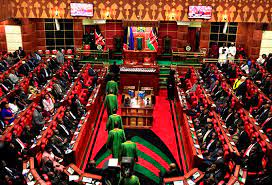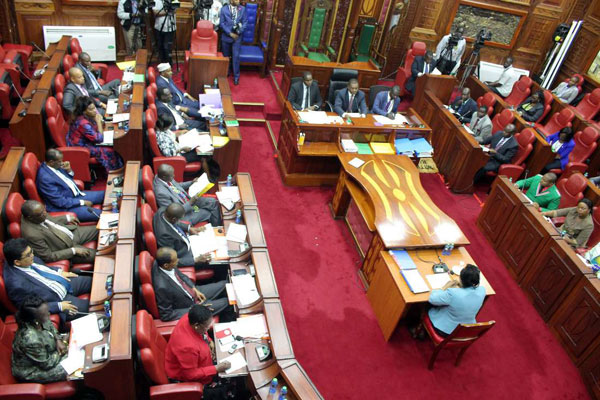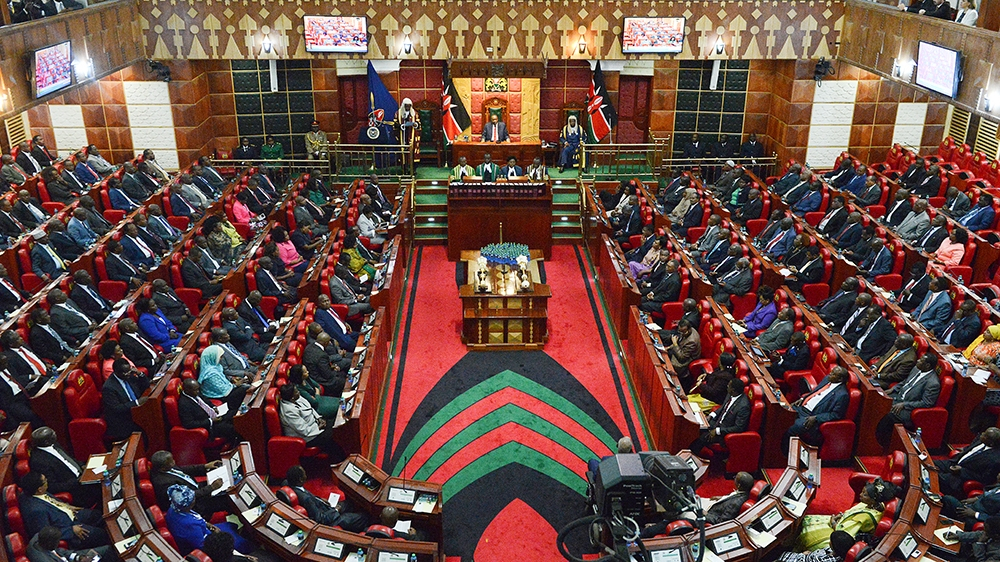According to the Ajira National Report on digital and digitally-enabled jobs, 2020-2021, over 1,209,506 people, 5 percent of the adult population in Kenya are digital workers, an increase from 638,400 or (3%) in 2019. Female workers accounted for 402,284, while workers between the ages of 18 and 35 made up 1,007,277 of the individuals doing digital and digitally-enabled jobs. All of these people and many more might be at risk of losing their livelihoods.
On their way out, the 12th Parliament may have passed the most controversial bill with regards to tech and innovation. The passing of the ICT practitioners bill 2020 has caused a storm within the tech world. The direction of the storm is also heavily supported by the cabinet secretary of Information and Communication Joe Mucheru. But why the uproar?
The ICT Practitioners Bill, 2020 passed on Wednesday, June 8, 2022, seeks to establish a legal framework for the training, registration, licensing, practices, and standards of all ICT professionals in Kenya. According to the stakeholders, this is an irrational decision taking into consideration the dynamics of the tech world.
In a petition filed by the Kenya ICT Ecosystem Stakeholders (KIES) yesterday the 13th of June, as key stakeholders in the ICT sector, “we are concerned that the Bill seeks to prescribe and regulate the training and qualifications of persons that can ‘practice’ the trade and craft of ICT in Kenya; establish the standards and terms of such practice through an ICT Practitioners Council; and provide for offenses for non-compliance with the requirements of the registration and licensing.”
The statement also read, “While we appreciate and welcome Parliament’s legislative power, we note that this proposed law to regulate such a wide sector is not in the best interests of the ICT sector, and Kenya’s digital economy at large. Your Excellency, this Bill is in our considered view unconstitutional as it threatens fundamental rights, and since 2016, has been developed without the open and meaningful participation of key stakeholders.”
The only constant review of this bill is the uproar from the stakeholders in the industry together with various individuals in the political class. The question is, can we limit a genius potential over papers yet we are the silicon valley of the savannah? The decision is not up to us but the president on whether he will approve it or not.







